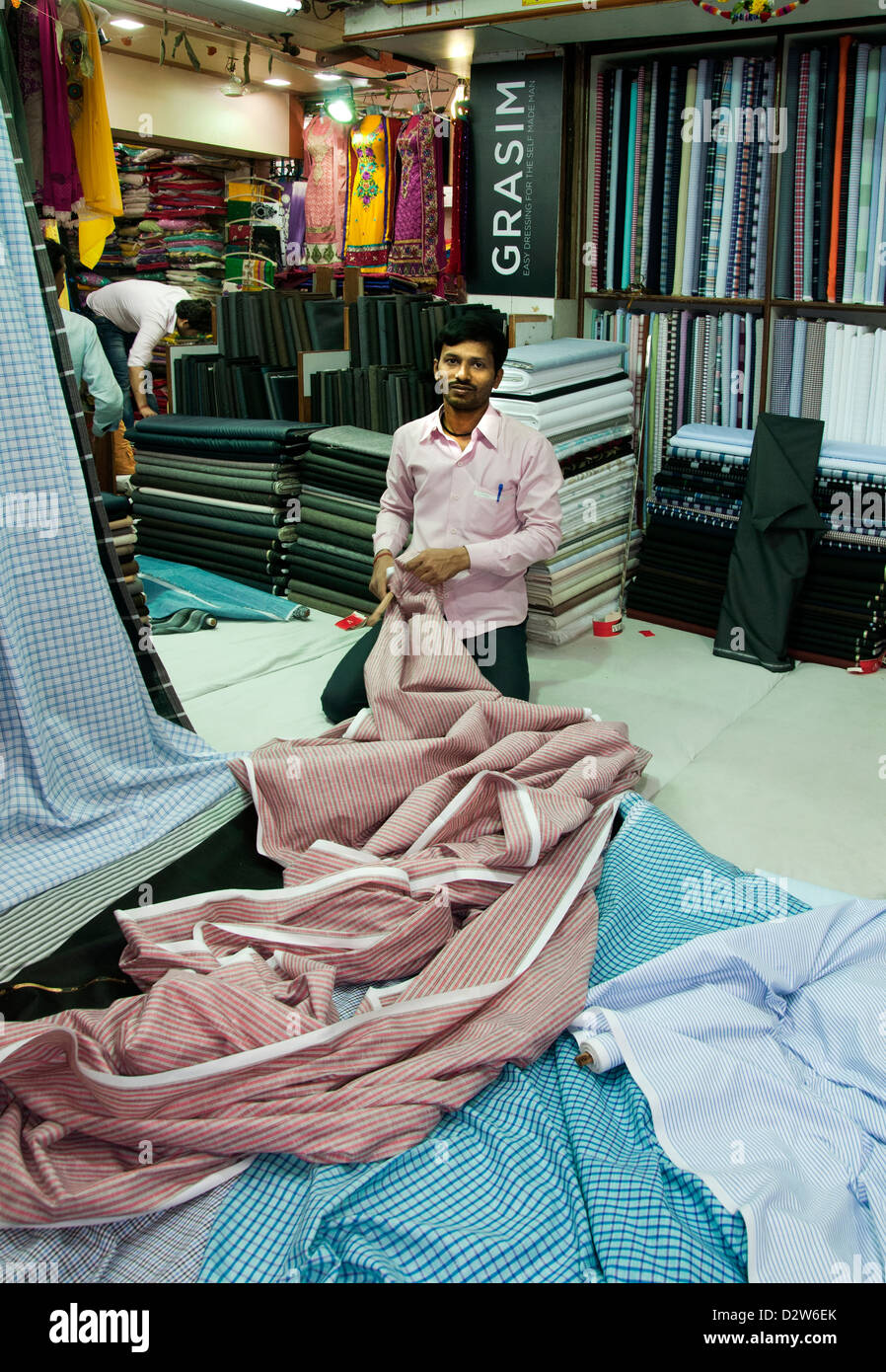
Mulji Jetha Market is the biggest textile market in Asia Mumbai
With its wide range of product groups, Heimtextil India 2022 provides exclusivity, structure and orientation for the Industry. The home-curated edition of internationally acclaimed show, Heimtextil India 2022 is a premier expo for the soft furnishings and contract textile industry within the country. It is a one-stop destination to connect with the e-commerce, retail, wholesale and HoReCa.

Mulji Jetha Market is the biggest textile market in Asia Mumbai
Bombay or Mumbai is known as the city of dreams, the economic capital of India and in the past as the Manchester of India. The inception of textile mills provided a huge opportunity for businessmen and the working class as a source of employment and income with the establishment of the first textile mill "The Bombay Spinning Mill" in 1854
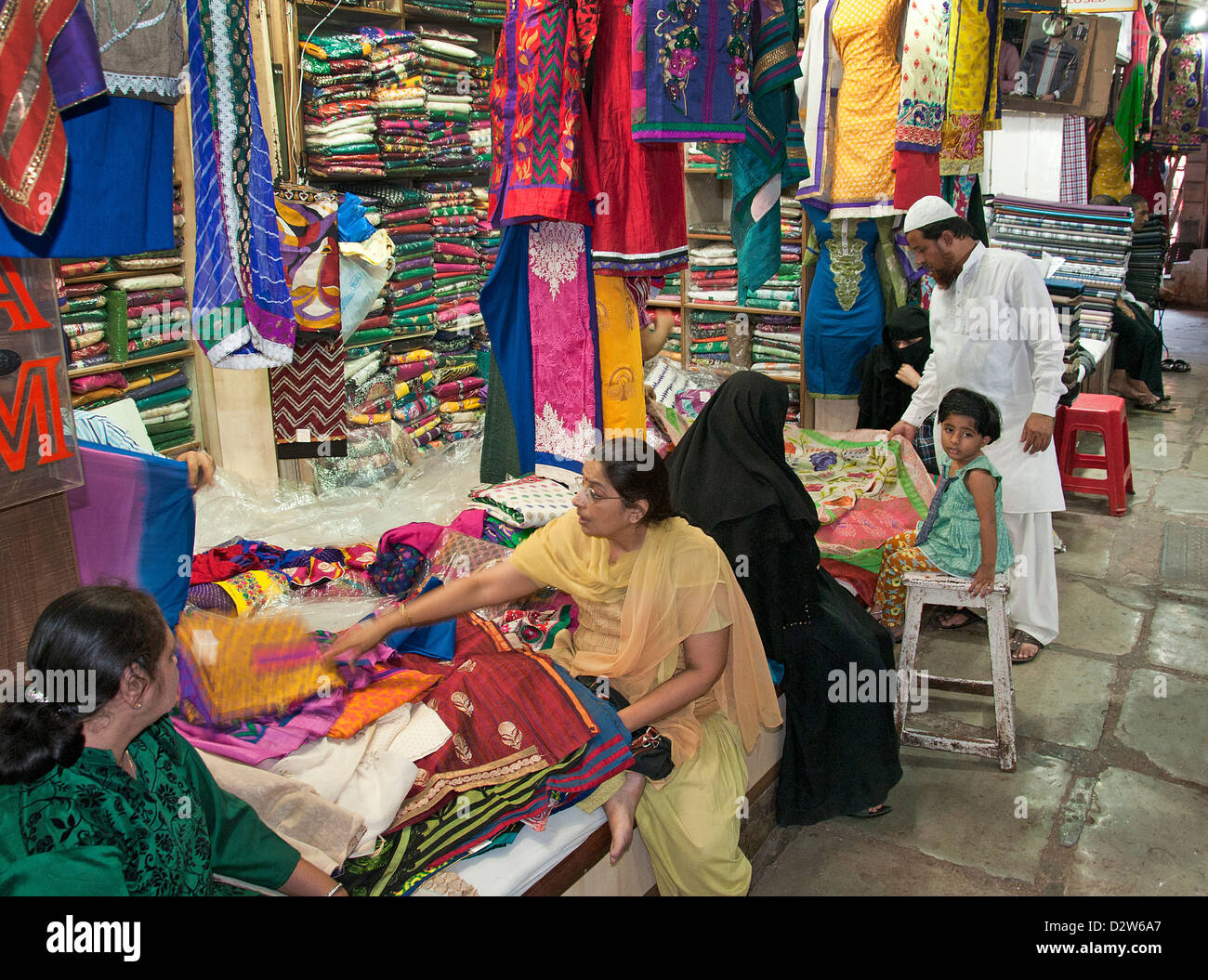
Mulji Jetha Market is the biggest textile market in Asia Mumbai Stock
Integrating the Textile Value Chain to connect with the world. Media Information Desk. +91 8884564643. [email protected]. 826, 9th Cross, 10th Main, Indira Nagar 2nd Stage, Bangalore , India - 560 038. TFI app is a one place solution to register and get access to the exhibitions organized by Textile Fairs India.

History Of Mumbai’s Iconic Textile Mills In 1 Minute
The Great Bombay Textile Strike was a textile strike called on 18 January 1982 by the mill workers of Mumbai under trade union leader Dutta Samant. The purpose of the strike was to obtain a bonus payment and an increase in wages. Nearly 250,000 workers of 65 textile mills went on strike in Mumbai. [1] History of mills in Bombay
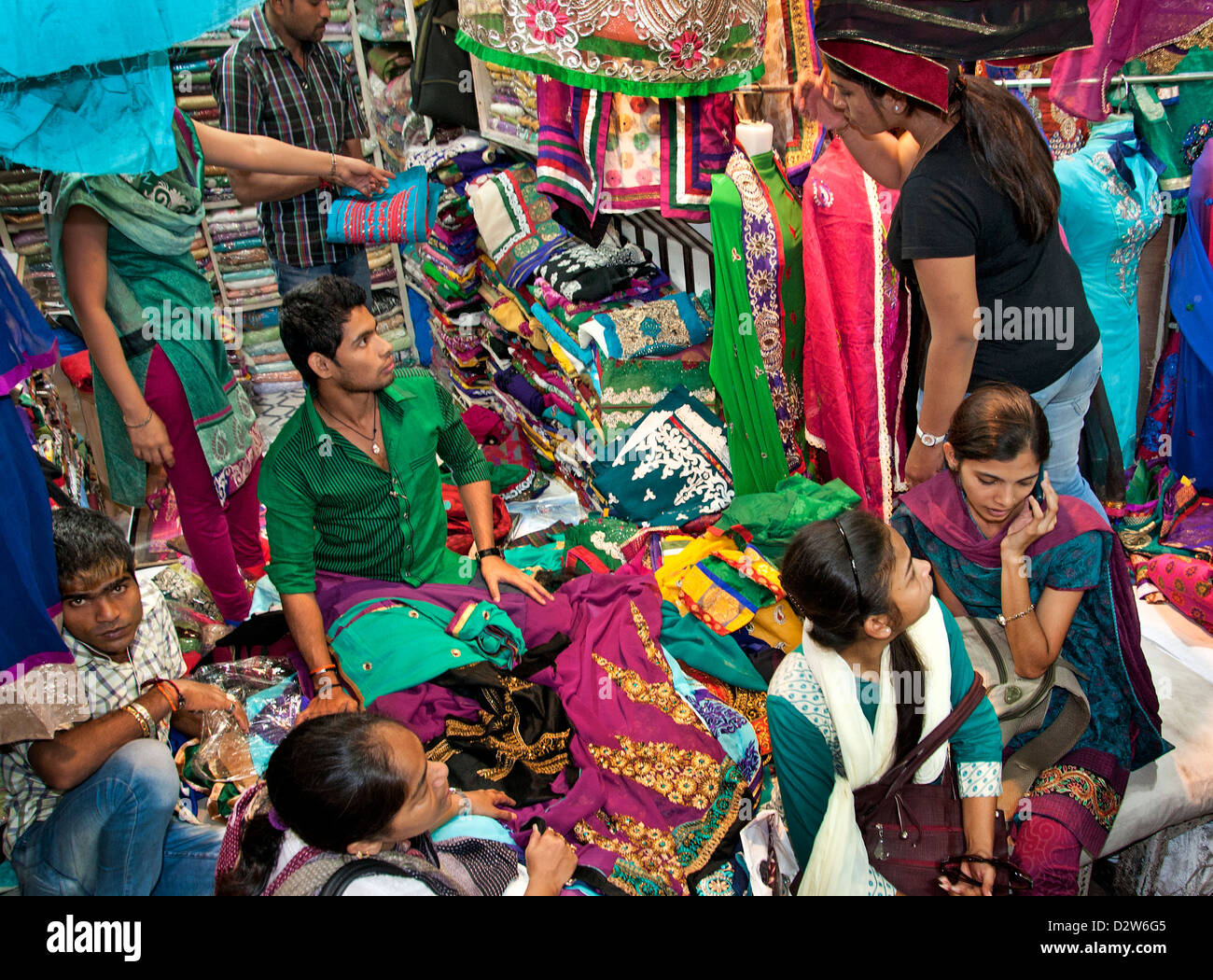
Mulji Jetha Market is the biggest textile market in Asia Mumbai Stock
In 1820, the total textile import was valued at Rs. 350,000. However, the cost had escalated significantly by 1860, when textile imports stood at Rs. 19.3 million. The impetus towards the founding of a cotton industry came from Indian entrepreneurs.
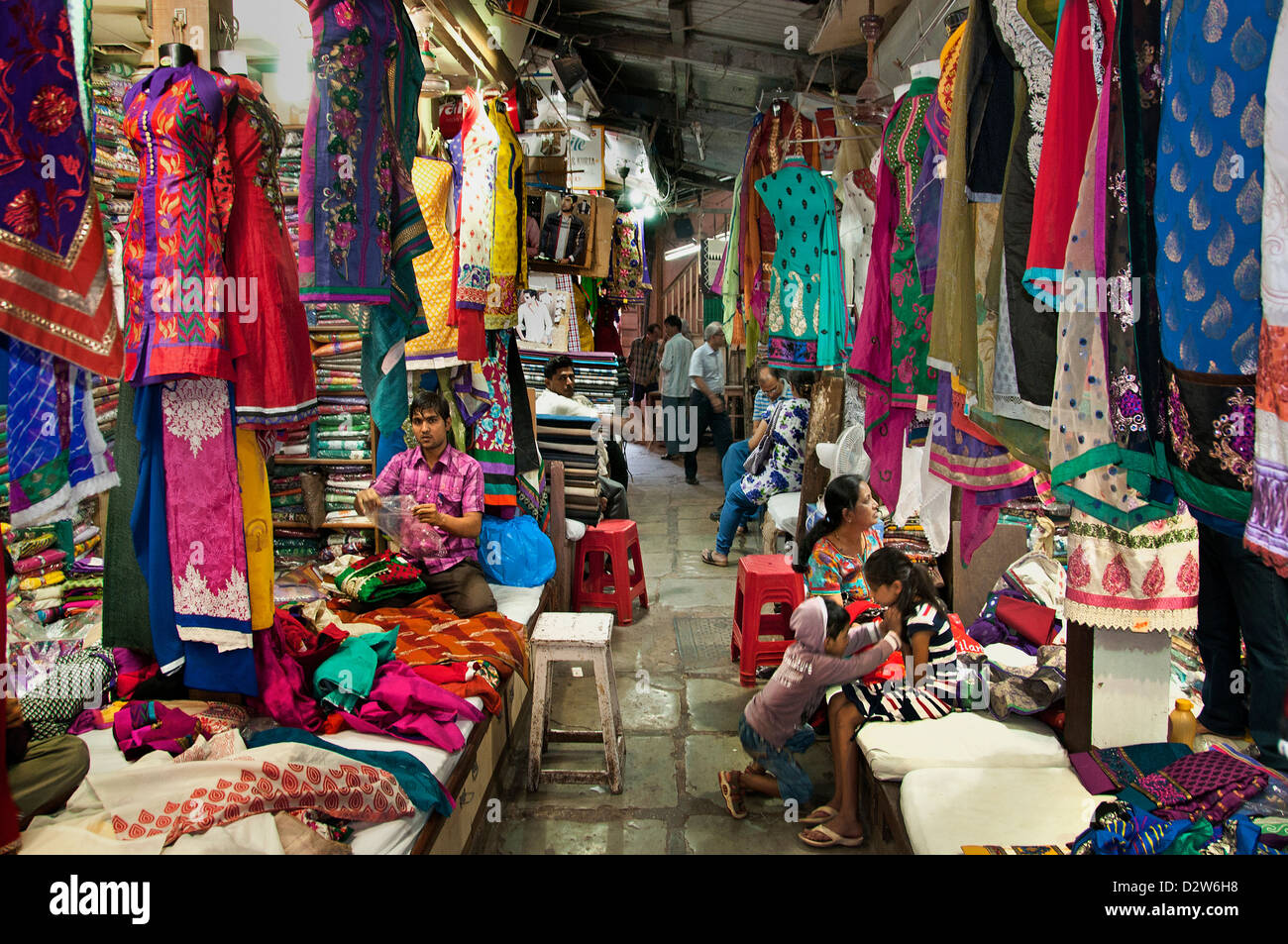
Mulji Jetha Market is the biggest textile market in Asia Mumbai
Beginning of Textile Industry in Bombay 22 Feb 2020 Sat 1854 was the year when Mumbai as well as India got its first mill called 'Bombay Spinning Mill' famous for producing Cotton textiles to be exported to Britain and the Day was 22nd February.
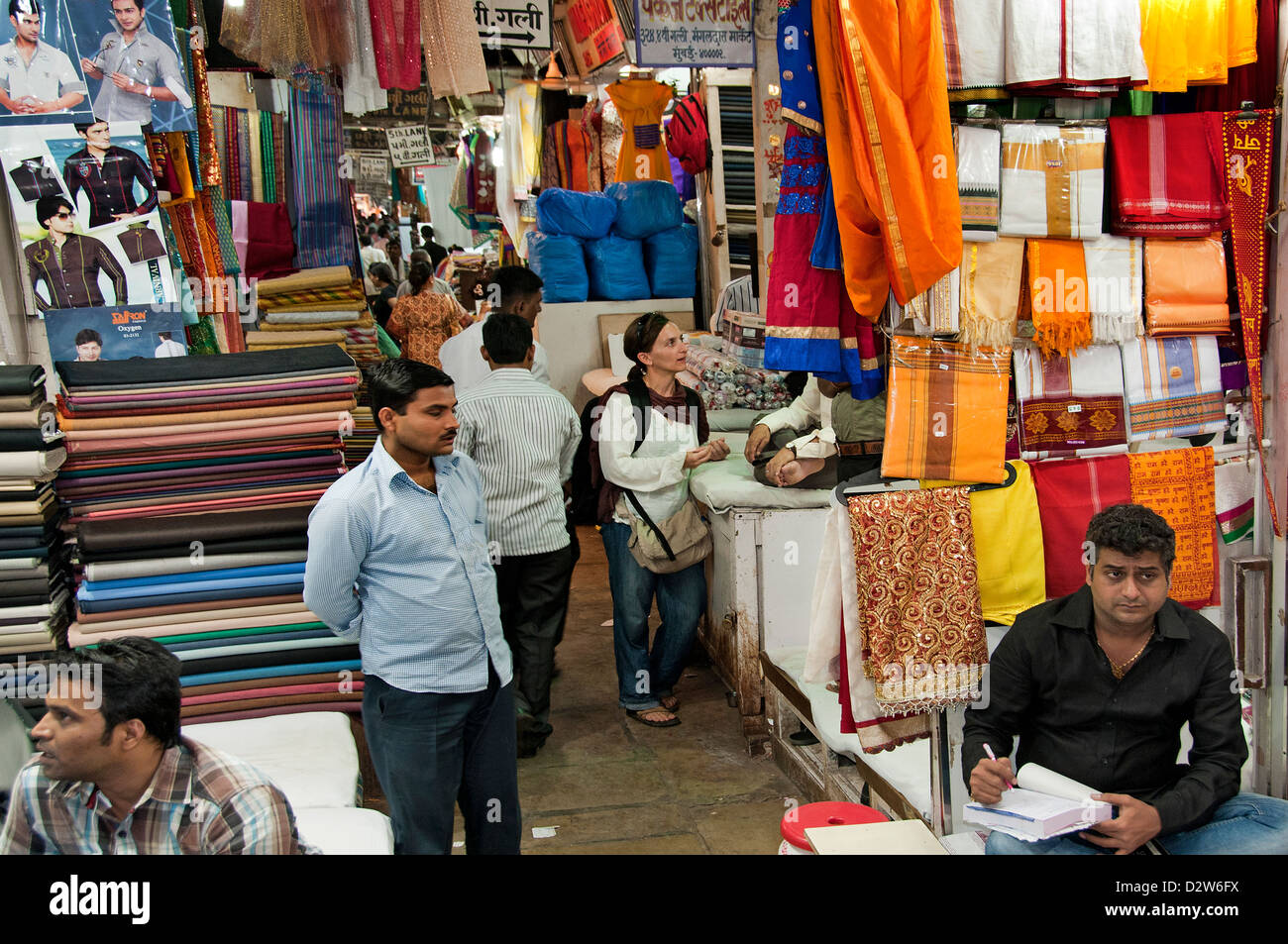
Mulji Jetha Market is the biggest textile market in Asia Mumbai Stock
The textile industry boom 1854 made Mumbai a major industrial hub in the country. During the later 19th century the industry grew significantly thus contributing to Mumbai's prosperity. Girangaon in Central Mumbai is the place where it had 130 textile mills and contributed to the growth of textile and cotton industry. It covered an area of.

The 4 Best Fabric Stores In Mumbai
The Great Bombay textile strike took place in 1982, following the shutdown of most of the city's mills. While the reasons for decline of the mills are many, from the emergence of new and more profitable industries to a series of protests by workers demanding better wages, mill culture was wiped out of the city by the end of the 20th century.

Mumbai की Textile Mills का इतिहास History Of Mumbai's Textile Mills
25 Aug Urbanization of Bombay has Strong Links to Indian Textile Trade History. Indian Textile Trade History: In this article, we will examine the link between Mumbai's current urban landscape with its history in the cotton trade of India. Mumbai, an urban city of luxurious skyscrapers and destitute slums, was built 400 years ago on seven.

Why has the cotton industry rapidly expanded in Mumbai?
Organised by a Consortium of 11 Textile Export Promotion Councils and supported by the Ministry of Textiles, the roadshow in Mumbai, set the stage for the grandeur that awaits India's upcoming biggest textile expo 'Bharat Tex' scheduled from 26th - 29th February 2024 at Bharat Mandapam and Yashoboomi, New Delhi, India..
Bombay Textile & Tailor Toko Tekstil
The textile industry was the largest source of employment in Mumbai, and its fall reshaped many destinies in the mill district of south-central Mumbai, also known as Girangaon (village of the mills).
Mumbai Textile Pusat Perbelanjaan
Mumbai, long the centre of India's cotton textile industry, subsequently developed a highly diversified manufacturing sector that included an increasingly important information technology (IT) component. In addition, the city's commercial and financial institutions are strong and vigorous, and Mumbai serves as the country's financial hub.
Mumbai Textile Pusat Perbelanjaan
January 18, 2022 marks the 40th anniversary of the historic 1982-83 strike that lasted for 18 months. The strike led by Dr. Datta Samant involved 247,189 Mumbai mill workers and brought the city.

Inside Indu Mills A Textile Museum for Mumbai SHEKHAR KRISHNAN
Bringing the show to Mumbai was a natural step as the history of the Maximum City has been intrinsically linked to textiles. Baldota admits that though the curation for Sutr Santati started four years ago it is very much "an ongoing process." Featuring over 125 traditional textiles meticulously crafted by more than 200 renowned and emerging.

Mangaldas Market, Kalbadevi, Mumbai Textiles market in Kal… Flickr
Techtextil India, the most premium expo on technical textiles, nonwovens and composites will re-open its 10th edition from 19—21 November 2025 at Bombay Exhibition Centre, Mumbai!

Factors Responsible for the Growth of Cotton Textiles Industries in Mumbai
Here are the top textile companies in Mumbai: Bombay Dyeing And Manufacturing Company Limited Century Textiles And Industry Limited Raymond Limited Siyaram Silk Mills Limited Welspun India Limited Swan Energy Limited Orbit Exports Limited Ruby Mills Limited Damodar Industries Limited Weizmann Limited BOMBAY DYEING AND MANUFACTURING COMPANY LIMITED